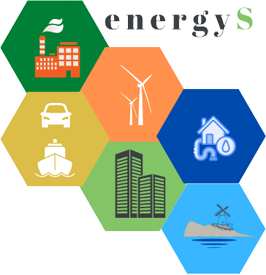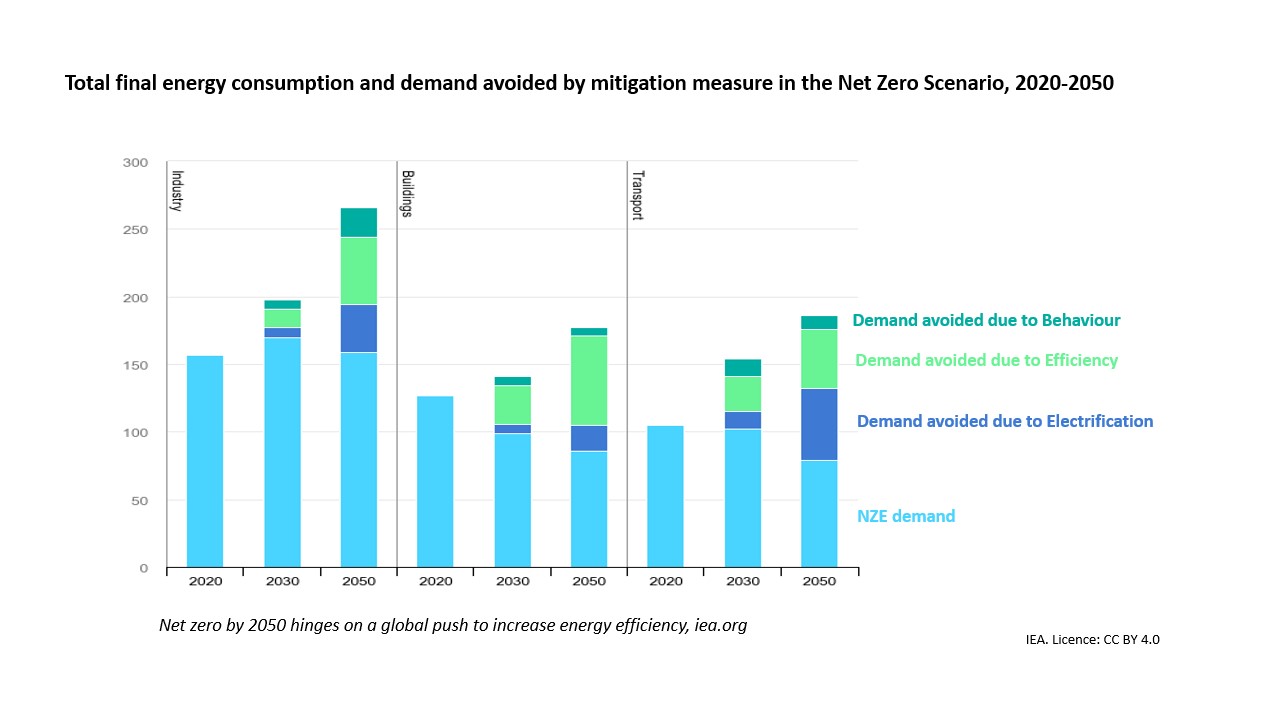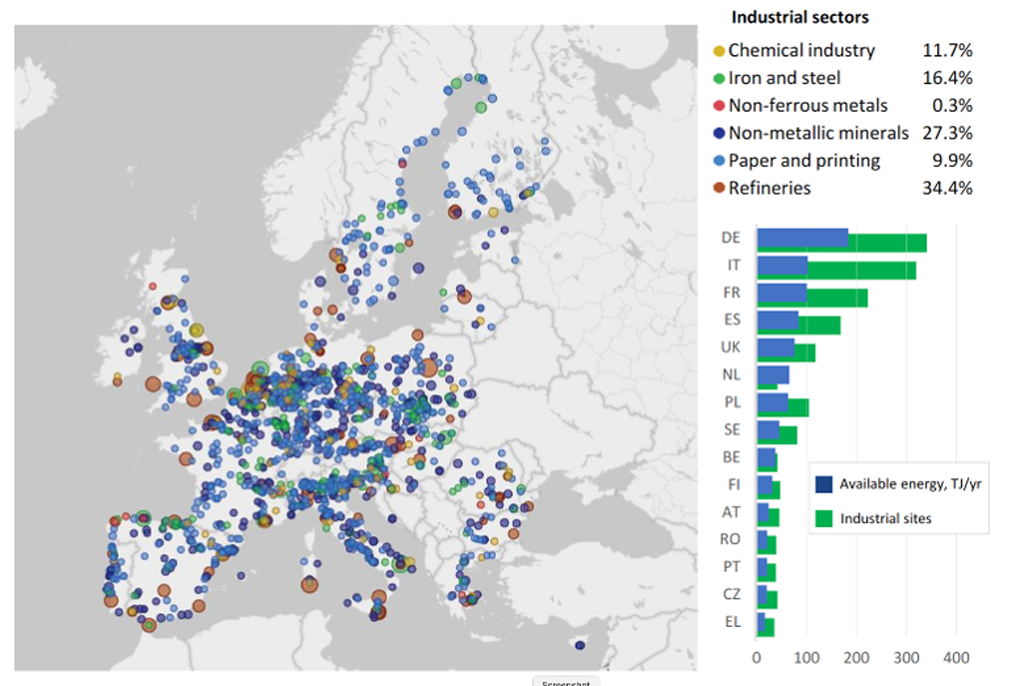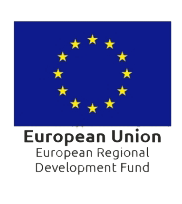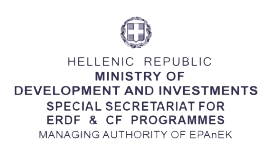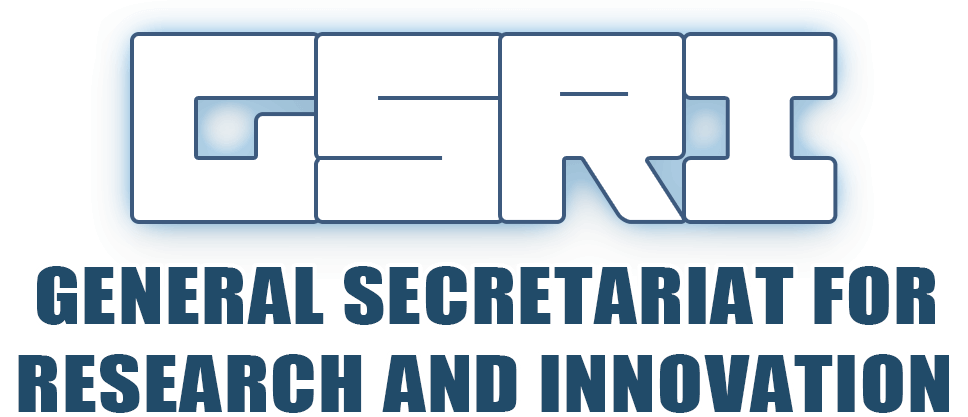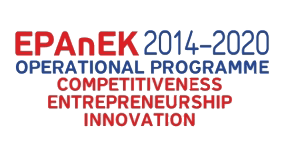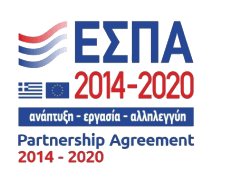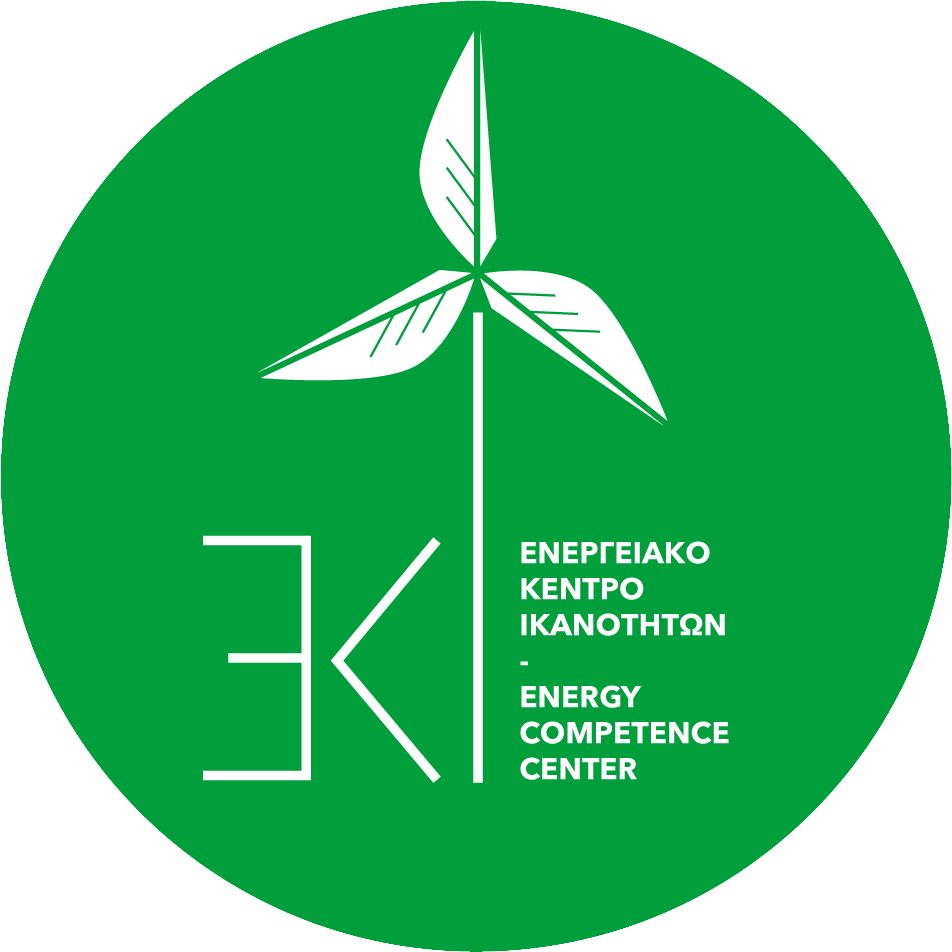Work Units
Driving Progress, Work Unit by Work Unit: Achieving Results and Advancing Together
01.
Energy Conservation in Industry/Islands:
Focus points in Greece
Task 1.1 Energy Conservation in the Aluminum Industry
The extraction and refining of aluminum demand substantial power consumption.
To address this, innovative strategies are being employed, such as optimized smelting techniques, recycling initiatives, and the integration of renewable energy sources.
These efforts not only aim to reduce the industry’s carbon footprint but also enhance overall sustainability.
With the increasing global emphasis on environmental responsibility, the aluminum sector’s commitment to energy conservation is vital for a greener industrial landscape.
In Europe energy conservation in industrial sectors is already of paramount concern resulting to practices that have already shown mild to substantial improvement with efforts and methods intensifying in the future.
Task 1.2 Energy Conservation in Refineries
The processes involved in refining crude oil demand substantial energy inputs.
To address this, refineries are implementing innovative techniques such as process optimization, waste heat recovery, and advanced monitoring systems.
These efforts not only reduce operational costs but also contribute to environmental sustainability by minimizing carbon emissions.
As the world shifts towards cleaner energy solutions, the commitment to energy conservation in refineries plays a pivotal role in creating a more efficient and environmentally conscious industry.
Specifically in Europe measures have already resulted in a staggering 34.4% in energy conservation.
Task 1.3 Optimal Energy Technologies in Island Greece
These technologies encompass advanced solar, wind, and hybrid systems tailored to the unique geographical and climatic conditions.
By harnessing renewable sources, such as solar irradiance and wind patterns, these islands are moving towards energy self-sufficiency and reduced reliance on imported fuels.
The integration of energy storage and smart grids further enhances energy management and resilience.
These efforts underscore a commitment to sustainable development, fostering a greener and more resilient future for these distinctive island communities.
Energy conservation in island Greece constitutes the field with the greatest potential for implementation, translating into substantial energy savings.
Work Unit Deliverables:
- Energy Conservation Potential in the Aluminum Industry
- Energy Conservation Potential in the Oil Refining Industry
- Energy Conservation in the Energy Sector of Islands using Storage
- Energy Conservation through Optimal Development of Distribution Networks
02.
Energy Conservation in Buildings and Infrastructure:
Focus points
Task 2.1 Energy Conservation in Buildings
The construction and operation of buildings account for a substantial portion of energy consumption.
Employing energy-efficient designs, materials, and technologies can significantly reduce this demand.
Measures such as improved insulation, efficient lighting, and smart climate control systems contribute to lowered energy usage and cost savings.
With the growing awareness of environmental impact, prioritizing energy conservation in buildings not only reduces carbon footprint but also sets the stage for more efficient, comfortable, and eco-friendly living and working spaces.
Energy conservation in buildings is of paramount importance, given that a significant portion of the country’s infrastructure has been in place for decades, and building facilities are aged.
Task 2.2 Energy Conservation in Water Supply Systems
The process of collecting, treating, and distributing water requires substantial energy inputs.
Implementing efficient technologies and practices, such as optimizing pump systems, reducing leaks, and utilizing renewable energy sources, can significantly lower energy consumption.
These efforts not only contribute to cost savings but also decrease the environmental impact by curbing greenhouse gas emissions.
With increasing water scarcity and energy costs, prioritizing energy conservation in water supply systems is essential for ensuring resilient and efficient water management for communities and ecosystems alike.
Task 2.3 Life Cycle Analysis and Environmental Impacts
By assessing the entire life cycle, from raw material extraction to disposal, it reveals hidden environmental consequences.
This comprehensive approach helps identify areas for improvement and guides sustainable decision-making.
Evaluating resource consumption, emissions, and energy usage unveils the true ecological footprint.
With increasing awareness of sustainability, cycle analysis empowers industries to minimize negative effects, optimize resource utilization, and pave the way for more environmentally responsible practices.
Work Unit Deliverables:
- Energy Conservation in Buildings
- Energy Conservation in Water Distribution and Treatment
03.
Energy Conservation in Transportation:
Affected Domains
TASK 3.1 Energy Conservation in Shipping/Maritime Industry
The sector’s reliance on fossil fuels contributes to significant greenhouse gas emissions and environmental degradation.
Implementing fuel-efficient technologies, optimizing vessel designs, and adopting alternative fuels can substantially reduce energy consumption and emissions.
Advanced navigation systems, route optimization, and hull coatings further enhance efficiency.
With global regulations tightening and environmental consciousness rising, prioritizing energy conservation in the shipping industry is vital for minimizing its ecological impact and paving the way for a cleaner, more responsible maritime future.
Task 3.2 Energy Conservation in Urban Transportation
The high energy demand of vehicles in urban settings contributes significantly to pollution and resource depletion.
Implementing sustainable transportation solutions like electric vehicles, efficient public transit, and active modes like walking and cycling can reduce energy consumption and improve air quality.
Integrated smart transportation systems and urban planning that prioritize public transit and non-motorized modes play a pivotal role in achieving energy efficiency and creating cleaner, more livable cities for the future.
Work Unit Deliverables:
- Energy Conservation Potential in Ships
- Energy Conservation Potential in Urban Transportation
04.
Cost Analysis of Energy Conservation Measures:
Affected Domains
TASK 4.1 Cost Analysis of Energy Conservation Measures in Industry /Buildings/ Infrastructure/ Transportation
While initial implementation costs may arise, the long-term benefits far outweigh these investments.
By evaluating energy-efficient technologies, retrofitting options, and operational enhancements, organizations can identify the most cost-effective strategies to reduce energy consumption and associated expenses.
Such analyses factor in potential savings, payback periods, and return on investment, offering a comprehensive view of financial viability.
As environmental concerns escalate and energy costs fluctuate, thorough cost analyses guide affected parties towards sustainable solutions that promote both economic savings and ecological responsibility.
Task 4.2 Life Cycle Analysis and Social Impact of Energy Conservation Measures
These methodologies evaluate the entire lifecycle of energy-saving initiatives, from production to disposal, considering environmental and social implications.
By quantifying resource consumption, emissions reduction, and potential health benefits, organizations can make informed choices that minimize negative consequences.
Additionally, analyzing social impacts ensures that energy conservation efforts enhance equity, job creation, and community well-being.
This comprehensive approach guides the implementation of measures that not only achieve energy efficiency but also contribute positively to society and the environment.
TASK 4.3 Study of Investment Analysis for Incorporating Energy Conservation Measures
This process entails evaluating the financial feasibility of implementing energy-efficient technologies, systems, and practices.
By considering upfront costs, expected energy savings, and projected returns on investment, organizations can make informed decisions.
This comprehensive study helps identify the most viable measures that align with business goals while minimizing environmental impact.
It ensures that resources are allocated effectively, maximizing the benefits of energy conservation and fostering sustainability in the long run.
Work Unit Deliverables:
- Cost Analysis of Energy Conservation in Industry, Buildings, Infrastructure, and Transportation
- Life Cycle Analysis and Social Impact of Energy Conservation for the End Consumer
- Energy Efficiency and Case Study for Energy Conservation
05.
Project Management
TASK 5.1 Project Management
Skillful project management involves meticulous planning, resource allocation, and timeline coordination to ensure the successful execution of these components.
By overseeing the creation of the Dissemination Plan, Study Website, and organizing insightful Seminars/Workshops, project managers facilitate effective communication and knowledge sharing.
Their expertise ensures the seamless integration of these elements, ultimately contributing to the task’s success in disseminating information and promoting interactive learning opportunities.
Work Unit Deliverables:
- Dissemination Plan and Website for the Study
- Seminars/ Workshops for the Study
Ready to learn more about ENERGYS project?
Delve into the core components of our project for a comprehensive overview of its key aspects,
progress, and outcomes

Project Structure

Work Units

Deliverables

